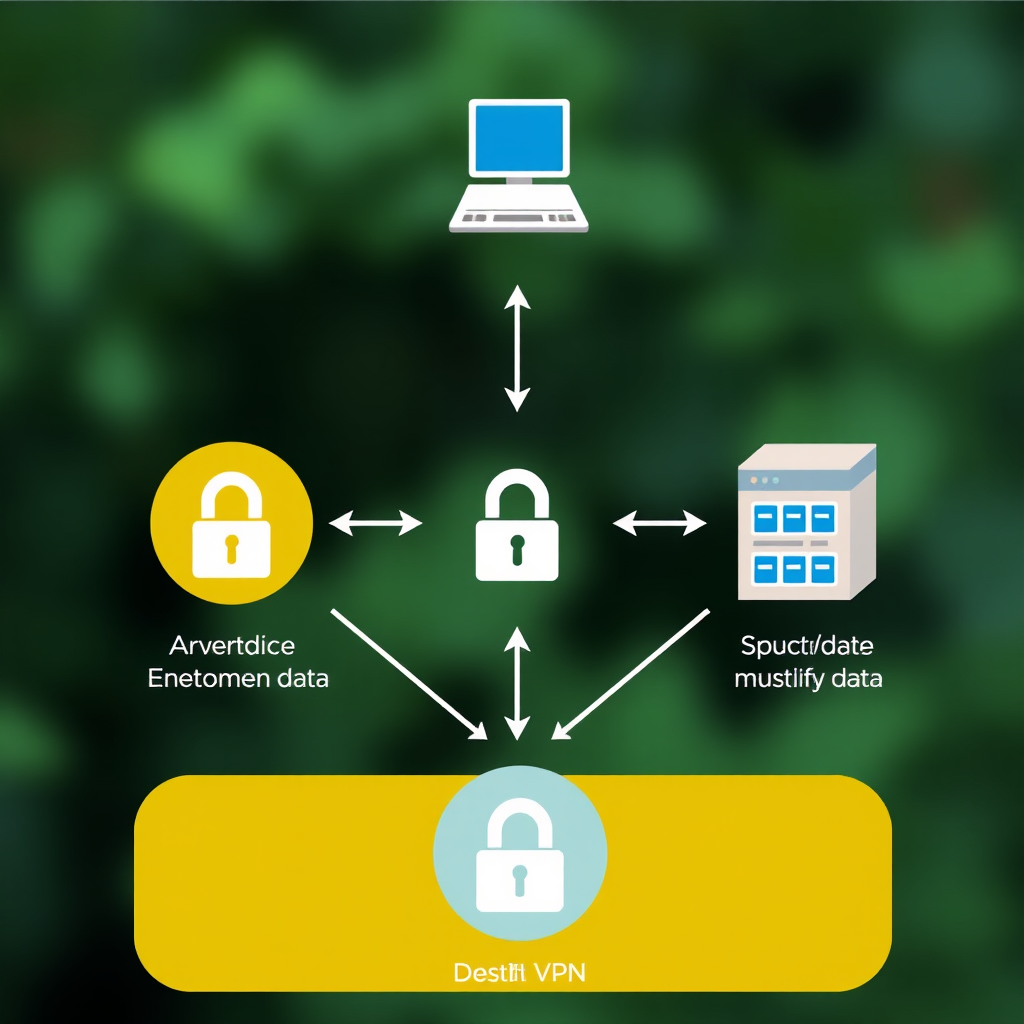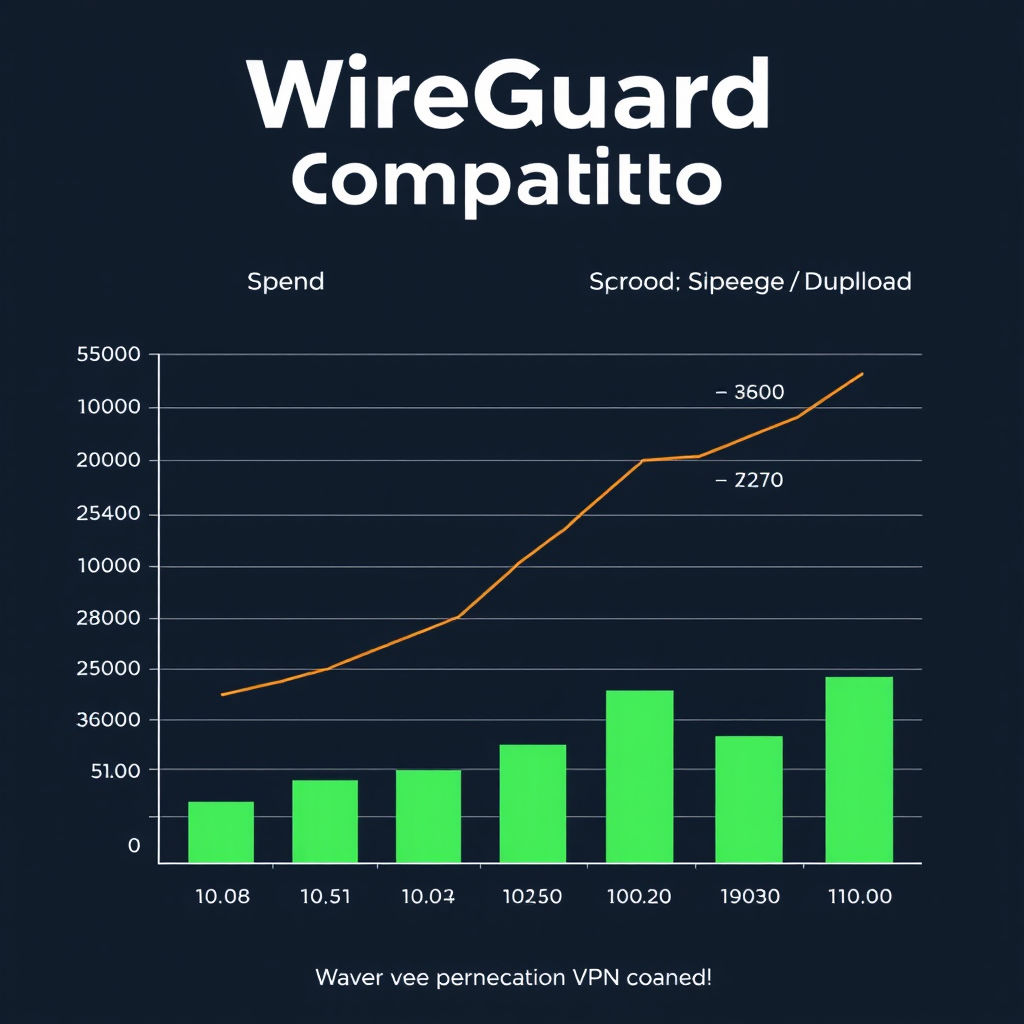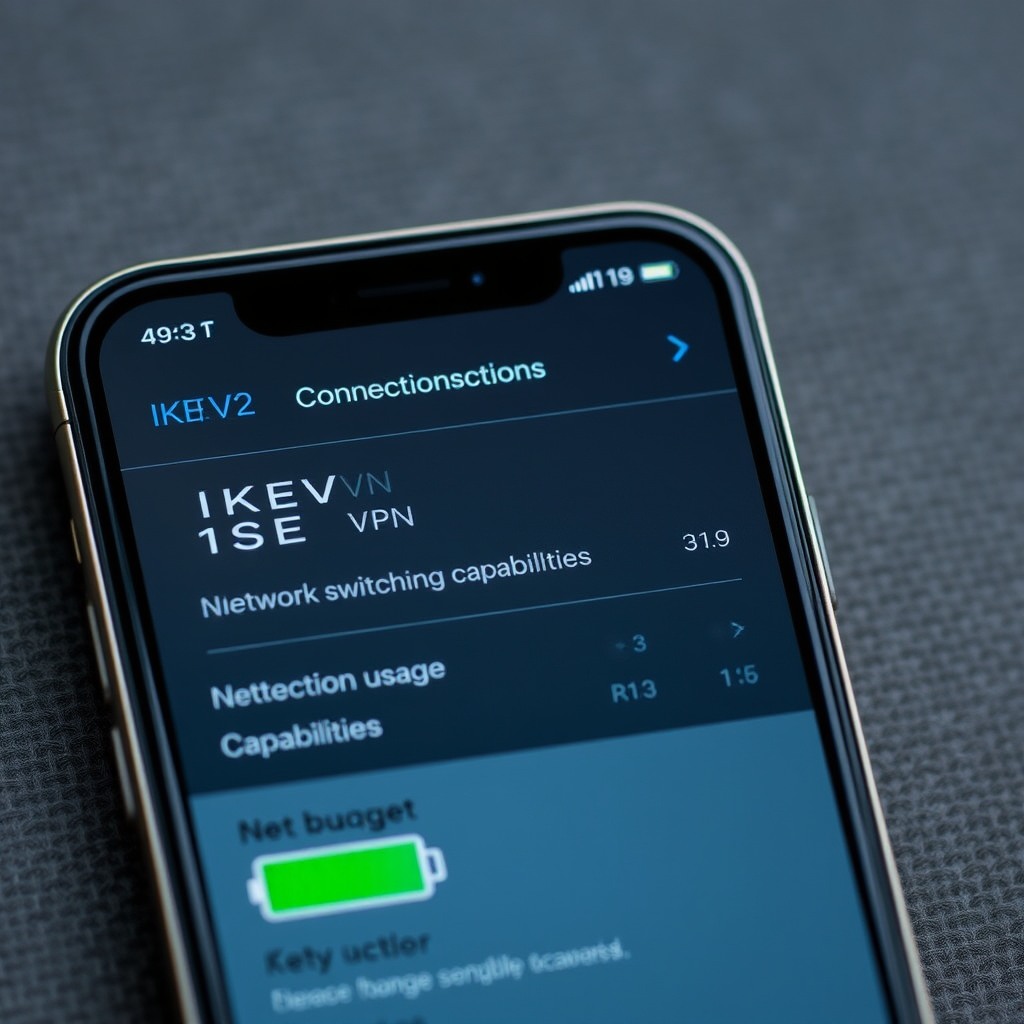VPN Security Protocols Explained: OpenVPN vs WireGuard vs IKEv2

When choosing the best VPN for your online security needs, understanding the underlying protocols is crucial. VPN protocols determine how your data is encrypted, transmitted, and protected across the internet. In this comprehensive guide, we'll break down the three most popular VPN security protocols to help you make an informed decision.
What Are VPN Protocols?
VPN protocols are sets of rules and procedures that govern how data is transmitted between your device and the VPN server. They determine the level of encryption, authentication methods, and overall security of your connection. The choice of protocol significantly impacts your VPN's performance, security, and compatibility with different devices.

OpenVPN: The Industry Standard
Strengths of OpenVPN
- Proven Security: Uses AES-256 encryption with RSA-2048 handshake encryption
- Open Source: Transparent code that's been audited by security experts worldwide
- Highly Configurable: Supports various encryption ciphers and authentication methods
- Firewall Bypass: Can run on any port, making it excellent for bypassing network restrictions
- Cross-Platform: Works on virtually every operating system and device
Weaknesses of OpenVPN
- Speed: Generally slower than newer protocols due to complex encryption processes
- Battery Drain: Can consume more battery on mobile devices
- Setup Complexity: Manual configuration can be challenging for beginners

WireGuard: The Modern Contender
Strengths of WireGuard
- Exceptional Speed: Significantly faster than OpenVPN with lower latency
- Lightweight Code: Only 4,000 lines of code compared to OpenVPN's 70,000+
- Modern Cryptography: Uses state-of-the-art encryption algorithms
- Battery Efficient: Minimal impact on mobile device battery life
- Easy to Audit: Smaller codebase makes security audits more thorough
Weaknesses of WireGuard
- Privacy Concerns: Stores user IP addresses by design (though VPN providers implement workarounds)
- Limited Configuration: Less customizable than OpenVPN
- Newer Technology: Less battle-tested than established protocols

IKEv2: The Mobile Champion
Strengths of IKEv2
- Network Switching: Excellent at maintaining connections when switching between networks
- Fast Reconnection: Quickly re-establishes connections after interruptions
- Native Support: Built into most modern operating systems
- Strong Security: Uses AES-256 encryption with perfect forward secrecy
- Mobile Optimized: Designed specifically for mobile device connectivity
Weaknesses of IKEv2
- Firewall Issues: Can be blocked by restrictive firewalls using UDP port 500
- Limited Platforms: Not available on all devices and operating systems
- Closed Source Elements: Some implementations are proprietary

Performance Comparison
| Feature | OpenVPN | WireGuard | IKEv2 |
|---|---|---|---|
| Speed | Good | Excellent | Very Good |
| Security | Excellent | Excellent | Very Good |
| Stability | Very Good | Good | Excellent |
| Battery Usage | High | Low | Medium |
| Firewall Bypass | Excellent | Good | Fair |
| Setup Difficulty | Medium | Easy | Easy |
Which Protocol Should You Choose?
Choose OpenVPN If:
- Maximum security is your priority
- You need to bypass strict firewalls
- You want proven, battle-tested technology
- You need extensive configuration options
Choose WireGuard If:
- Speed is your main concern
- You want minimal battery drain
- You prefer modern cryptography
- You trust your VPN provider's privacy implementations
Choose IKEv2 If:
- You primarily use mobile devices
- You frequently switch networks
- You want native OS integration
- Connection stability is crucial
Real-World VPN Reviews Perspective
When evaluating the best VPN services, protocol support is a critical factor. Top-tier VPN providers typically offer multiple protocols, allowing users to choose based on their specific needs. In our VPN reviews, we consistently find that services offering all three protocols provide the most flexibility and user satisfaction.
For streaming and general browsing, WireGuard often provides the best experience due to its speed. For users in restrictive countries or corporate environments, OpenVPN's firewall bypass capabilities make it invaluable. Mobile users frequently prefer IKEv2 for its seamless network switching and connection stability.

Security Considerations
All three protocols offer strong security when properly implemented, but they achieve it through different approaches. OpenVPN's maturity and extensive auditing make it the gold standard for security-conscious users. WireGuard's modern cryptographic approach and smaller attack surface offer theoretical advantages, while IKEv2's integration with operating systems provides good security with convenience.
Regardless of the protocol you choose, ensure your VPN provider implements additional security features like a kill switch, DNS leak protection, and a strict no-logs policy. These features are often more important than the underlying protocol for overall privacy protection.
Future of VPN Protocols
The VPN protocol landscape continues to evolve. WireGuard's adoption is accelerating as more providers implement privacy-preserving solutions. OpenVPN remains the reliable workhorse, while IKEv2 continues to excel in mobile environments. Some providers are also experimenting with proprietary protocols that aim to combine the best features of existing standards.
As internet censorship and surveillance increase globally, protocol diversity becomes more important. The best VPN services will continue to offer multiple protocols, allowing users to adapt to changing network conditions and security requirements.
Conclusion
Understanding VPN protocols empowers you to make informed decisions about your online privacy and security. While OpenVPN offers proven security, WireGuard provides modern speed, and IKEv2 excels in mobile scenarios, the best choice depends on your specific needs and usage patterns.
When selecting a VPN service, look for providers that offer multiple protocols and allow easy switching between them. This flexibility ensures you can optimize your connection for any situation, whether you're streaming content, working remotely, or simply browsing the web securely.
Remember that the protocol is just one component of a comprehensive VPN solution. Consider factors like server network, privacy policy, logging practices, and additional security features when making your final decision. With the right combination of protocol and provider, you can enjoy both security and performance in your online activities.